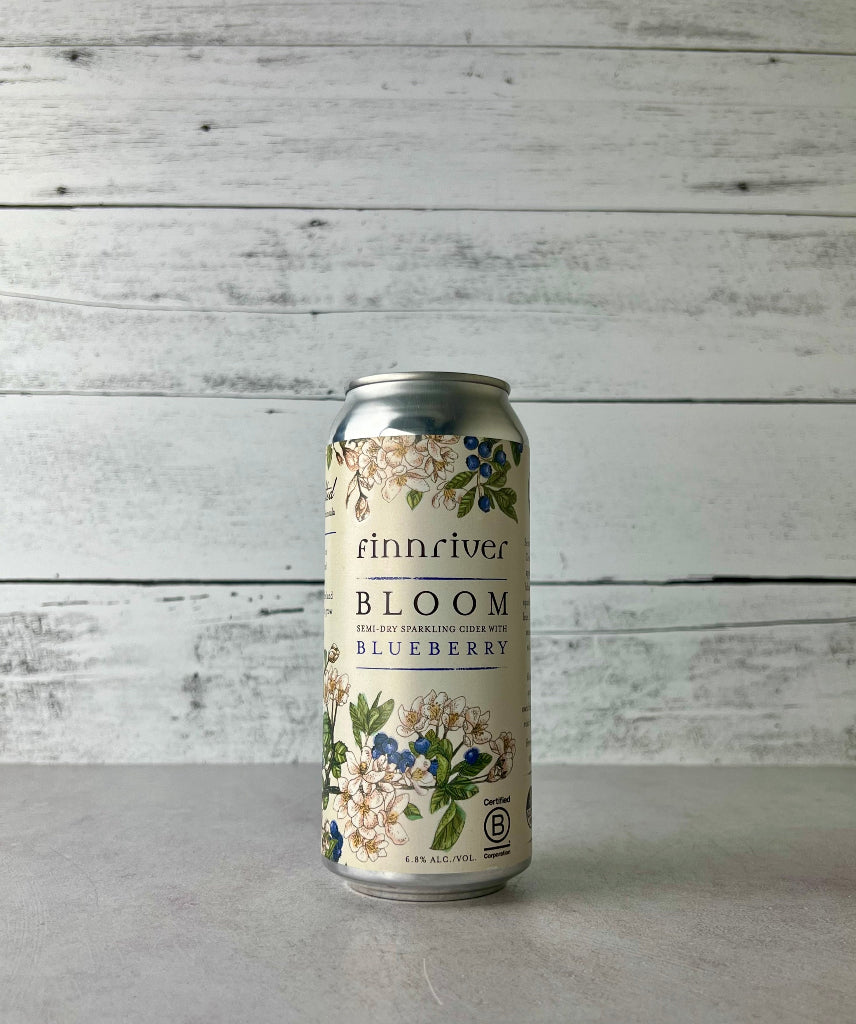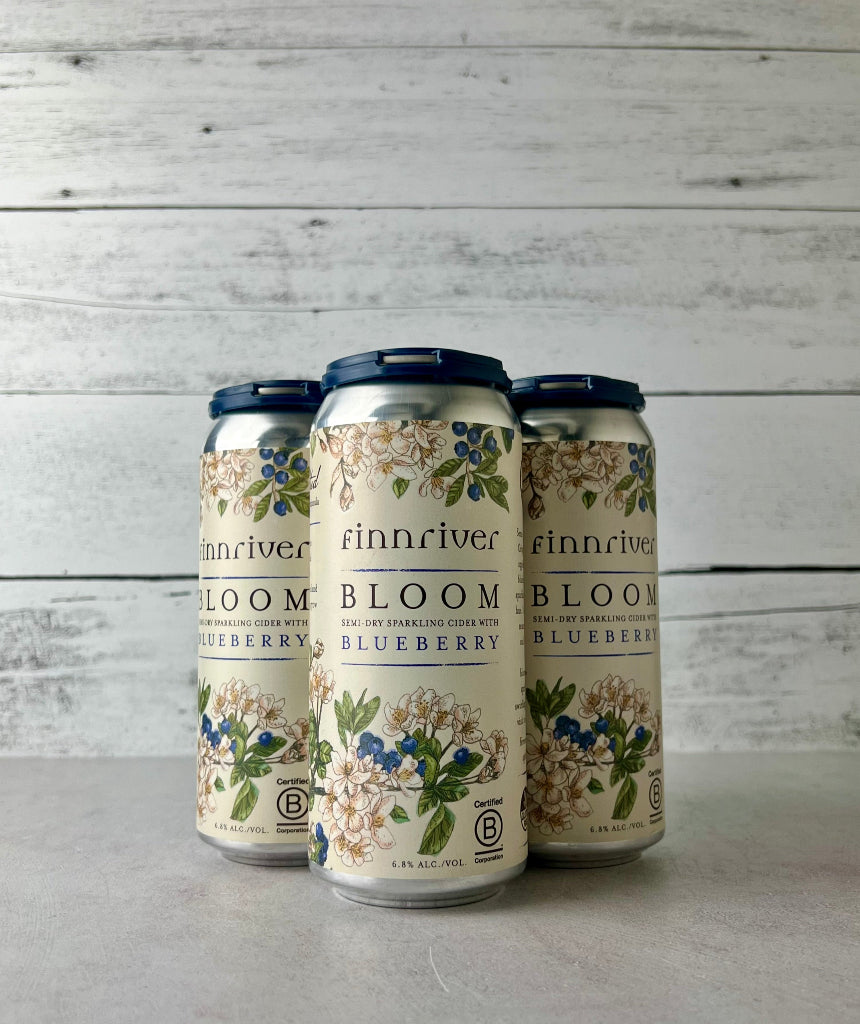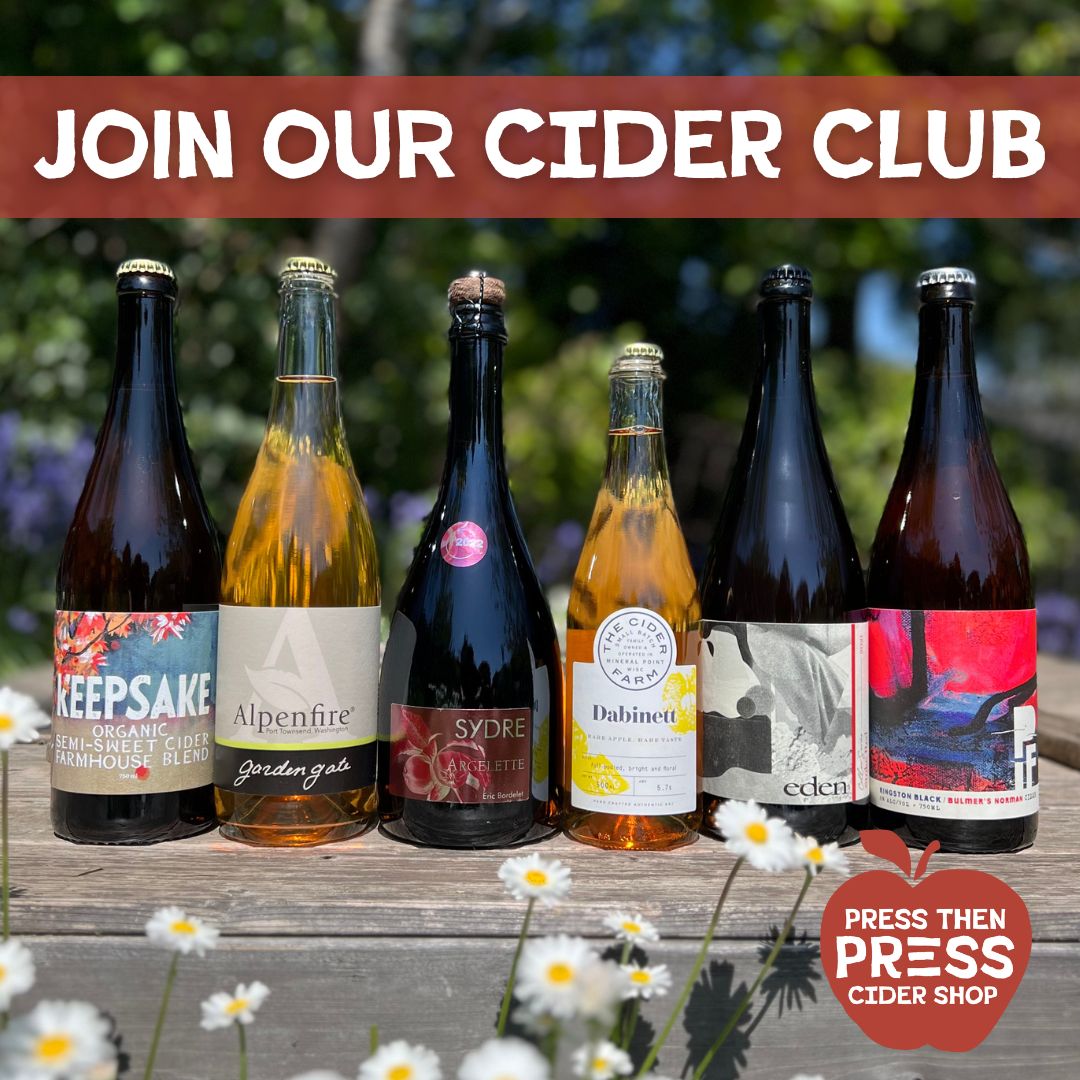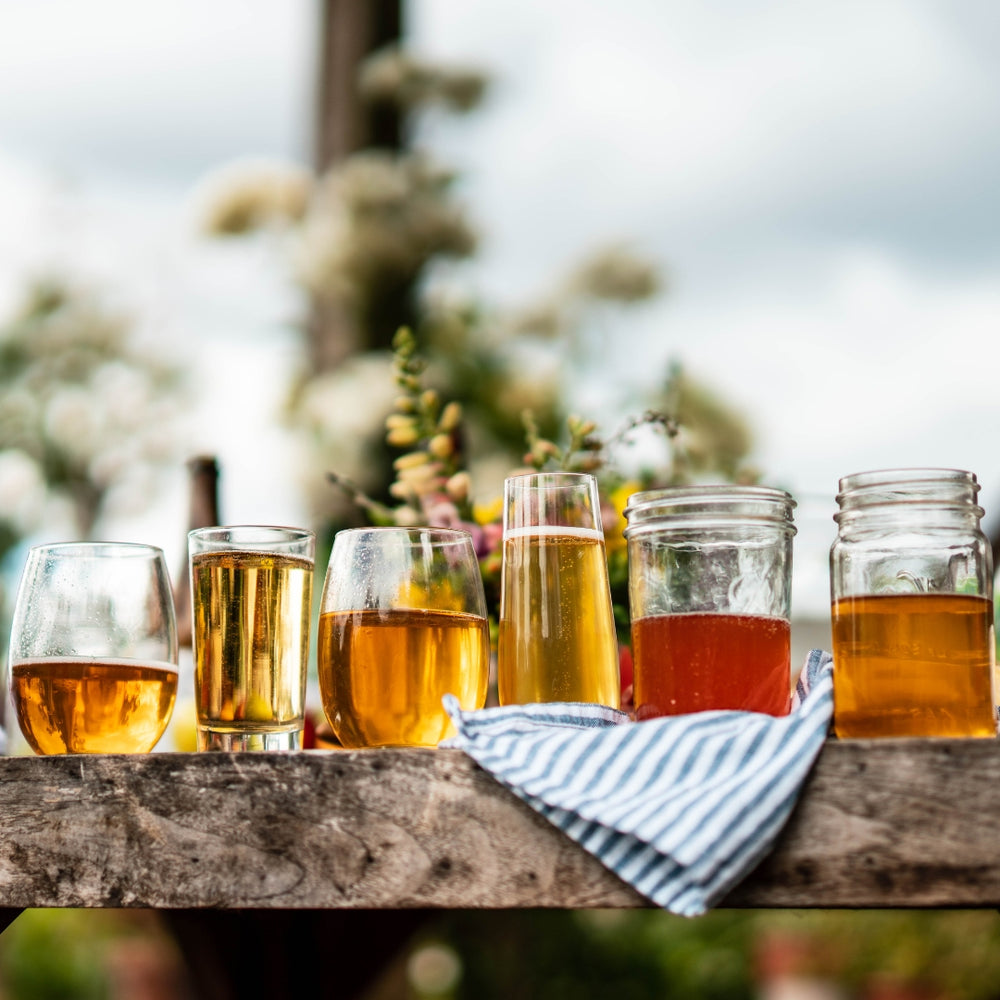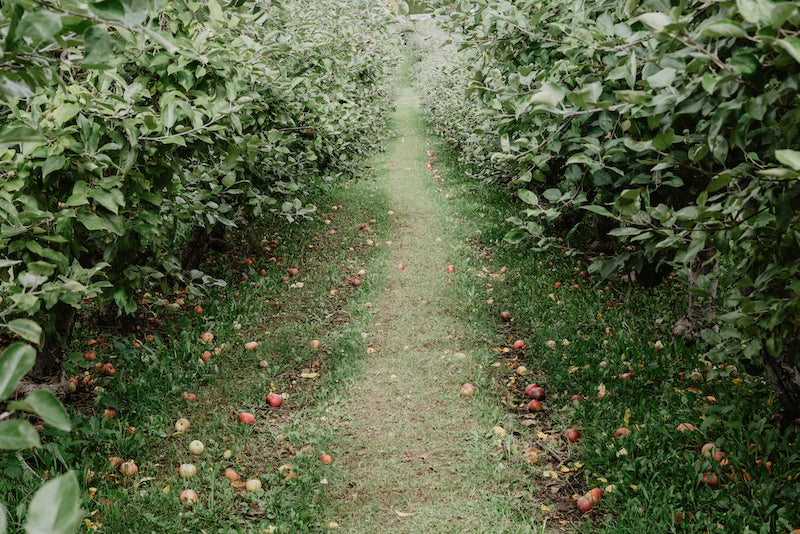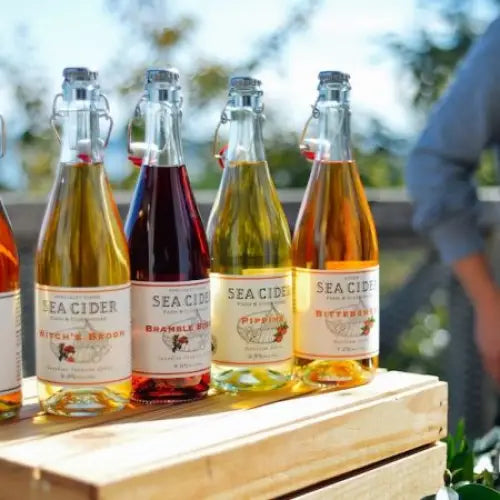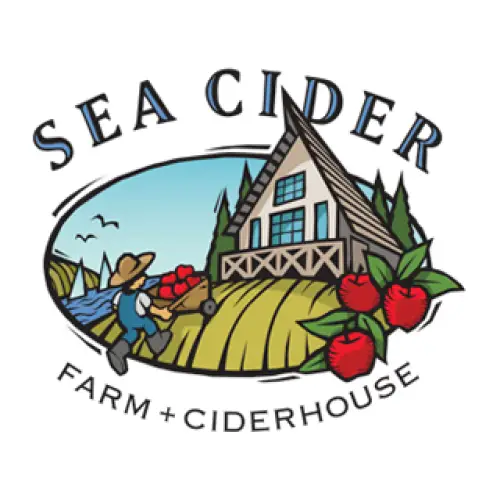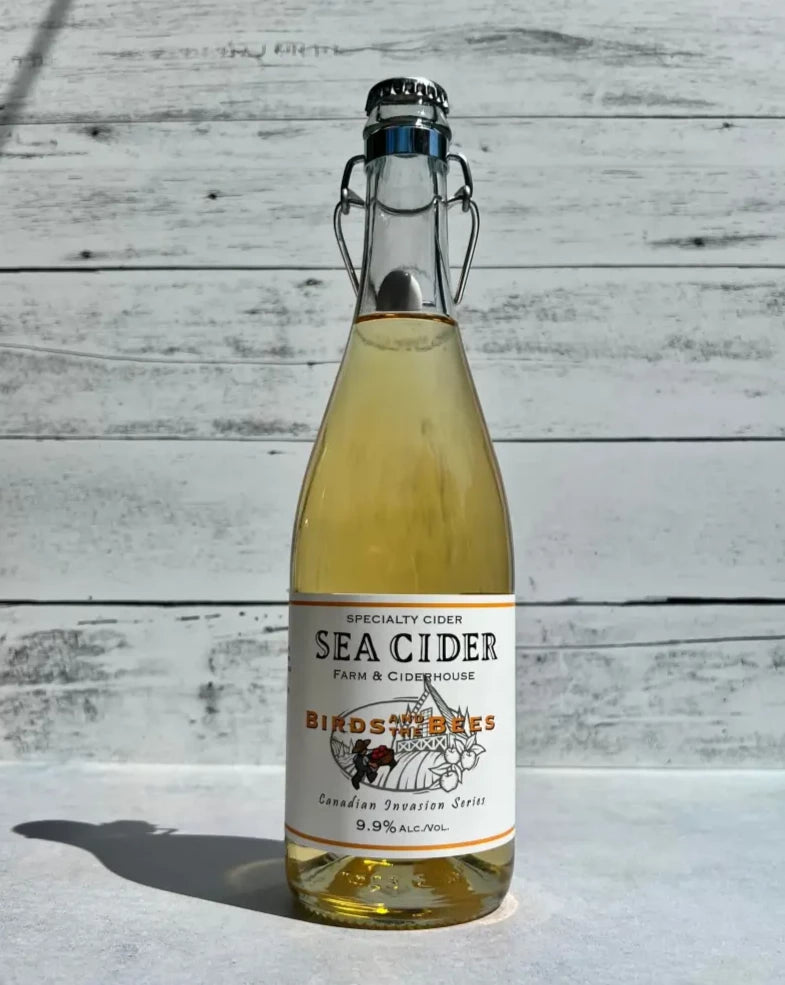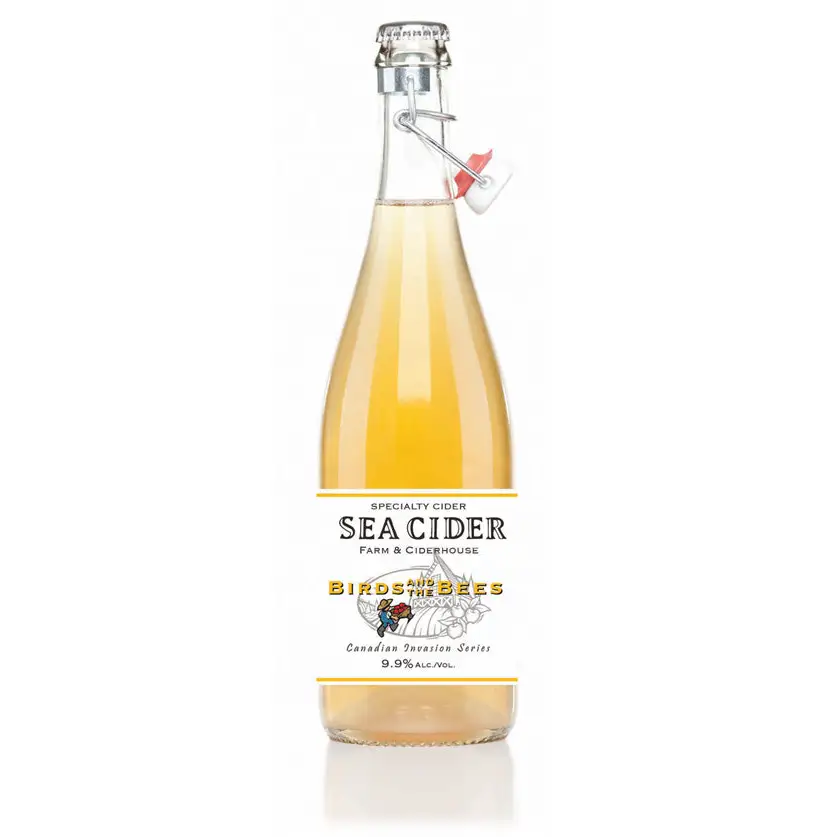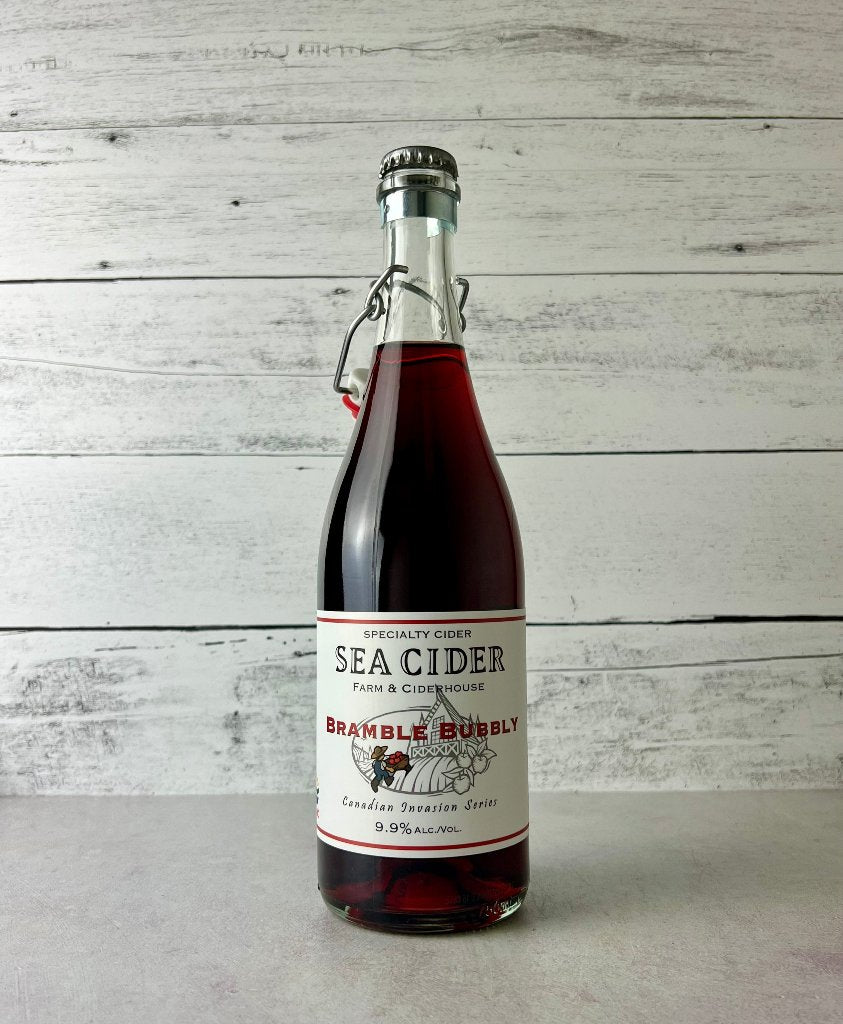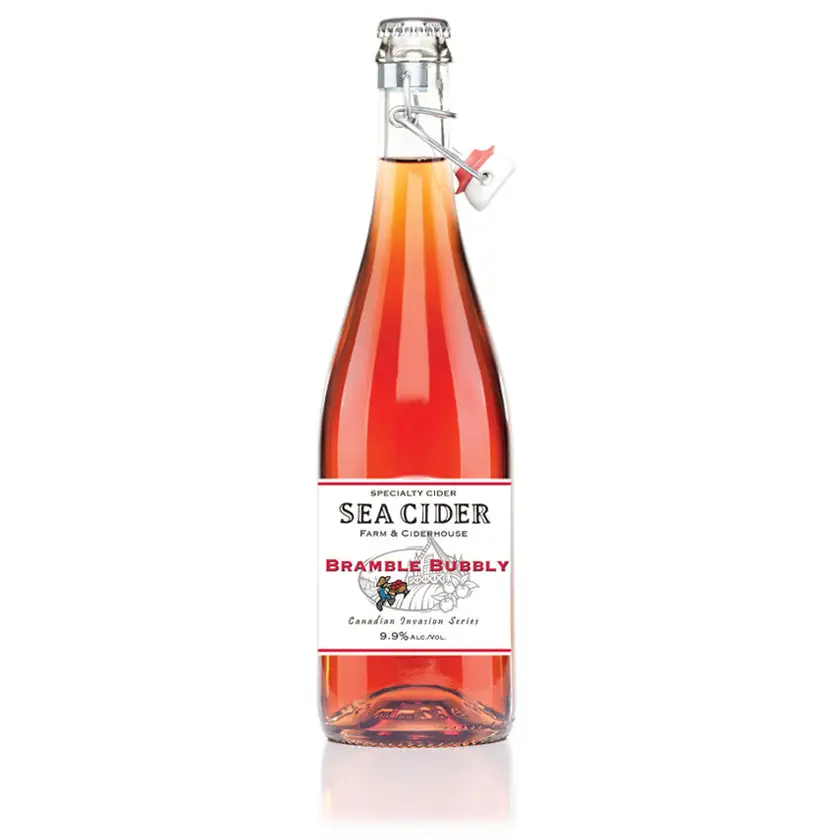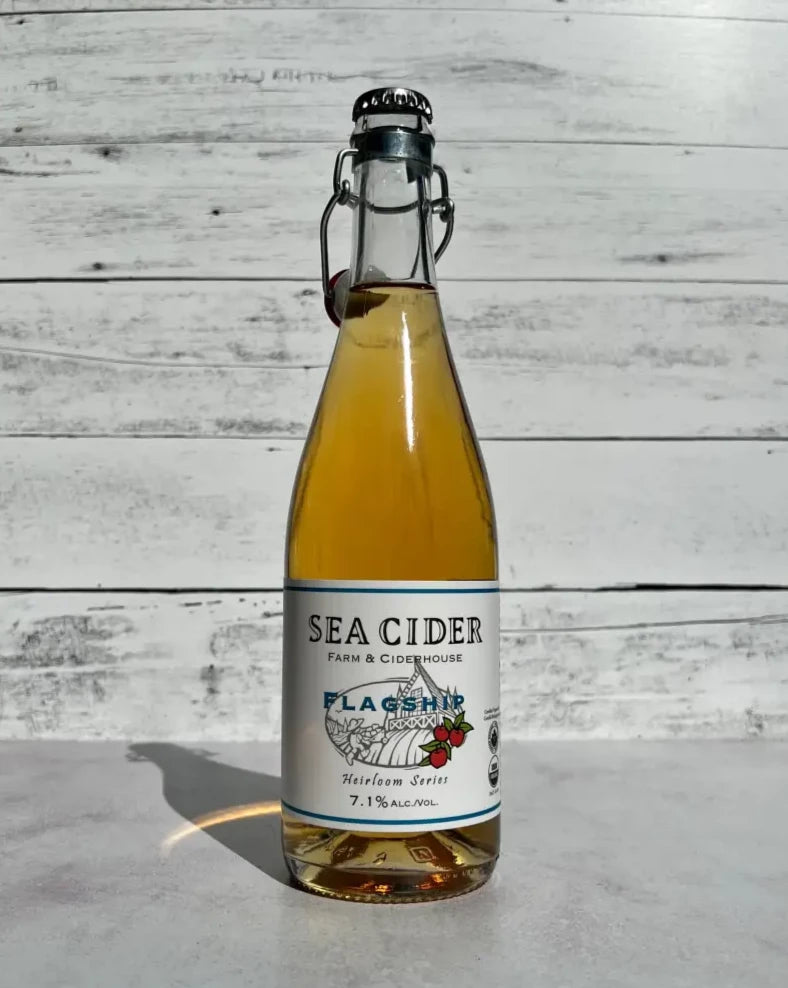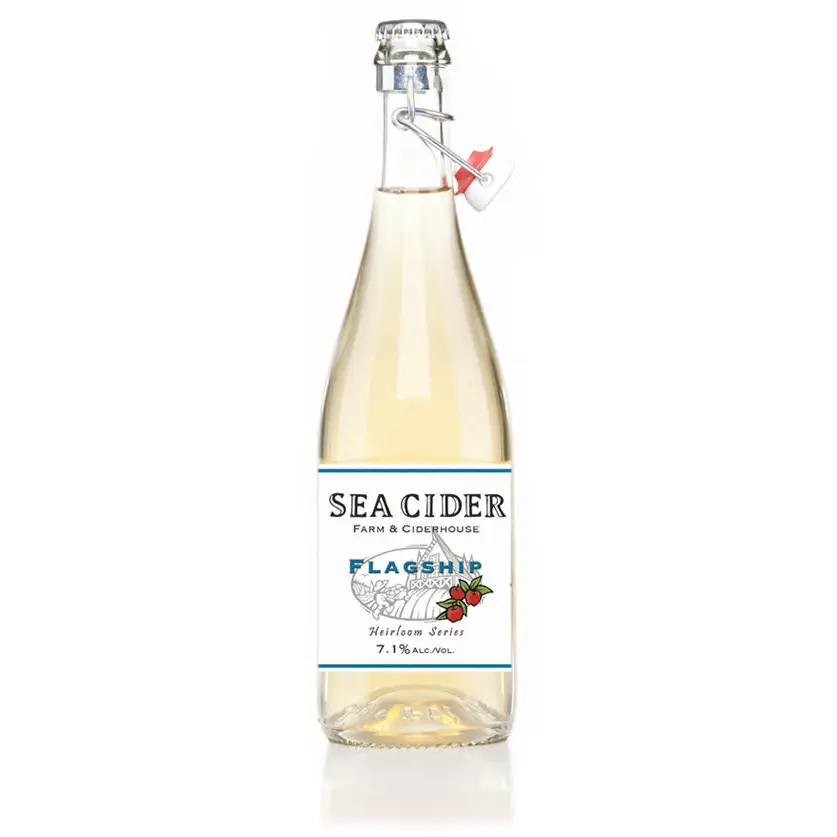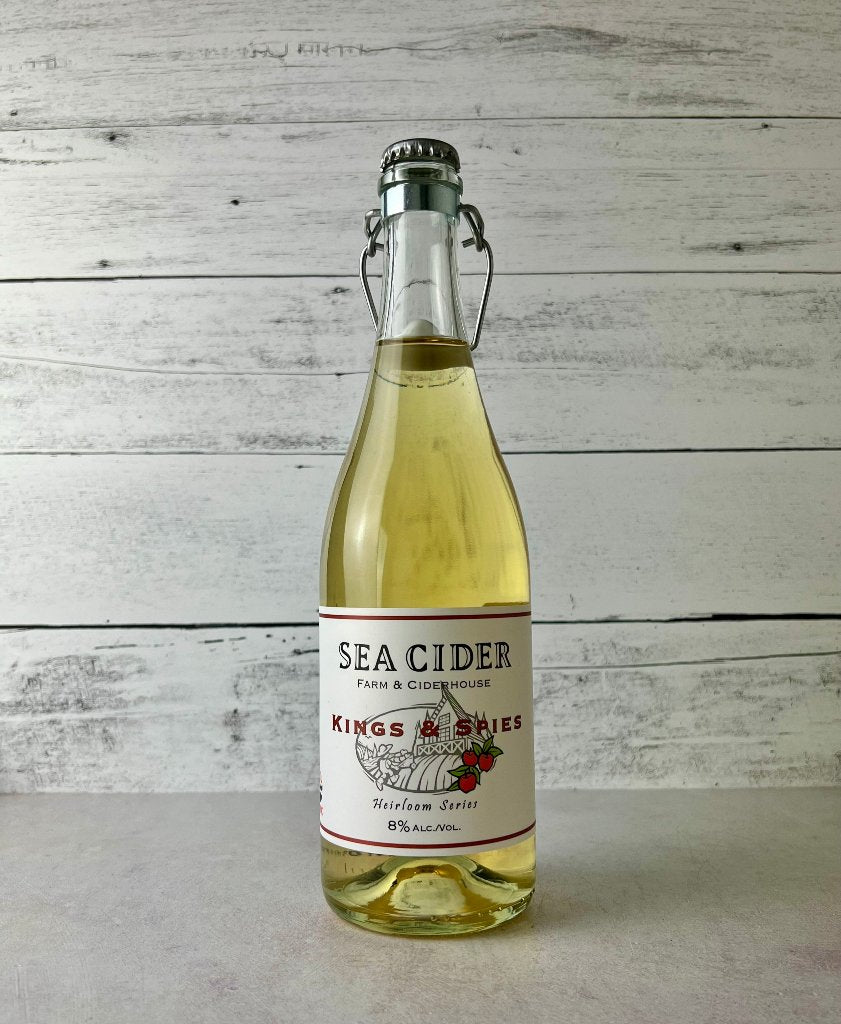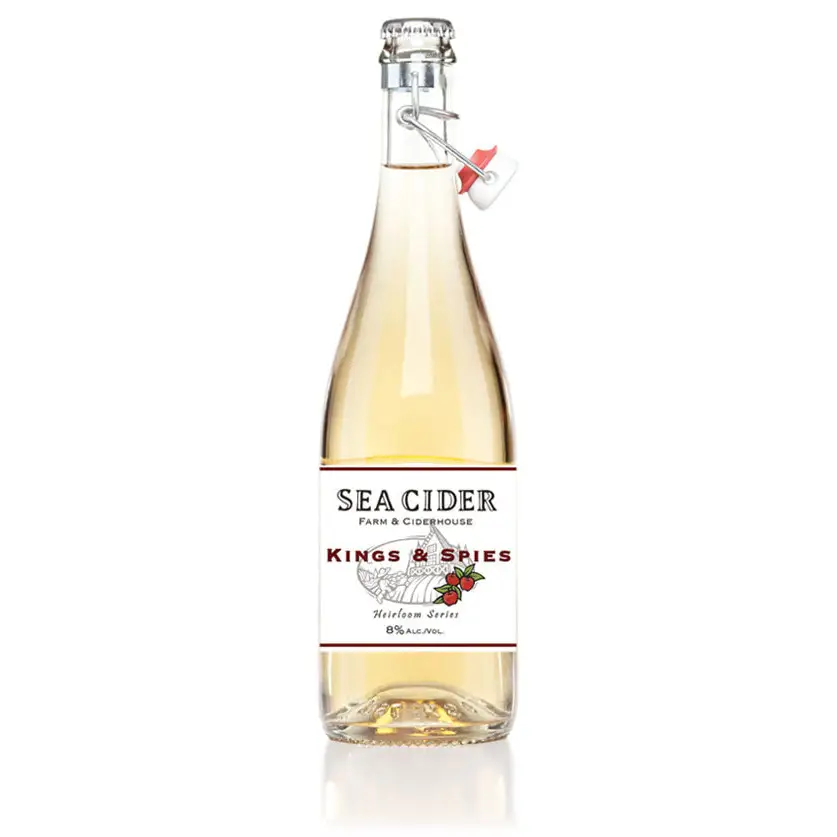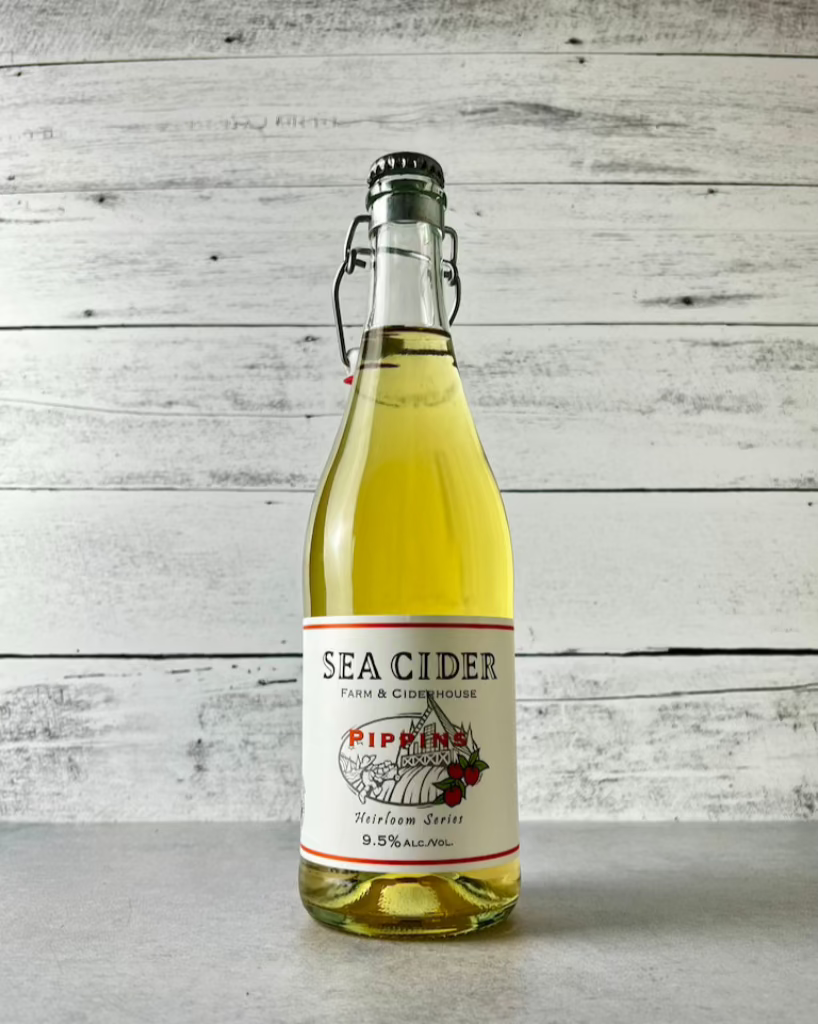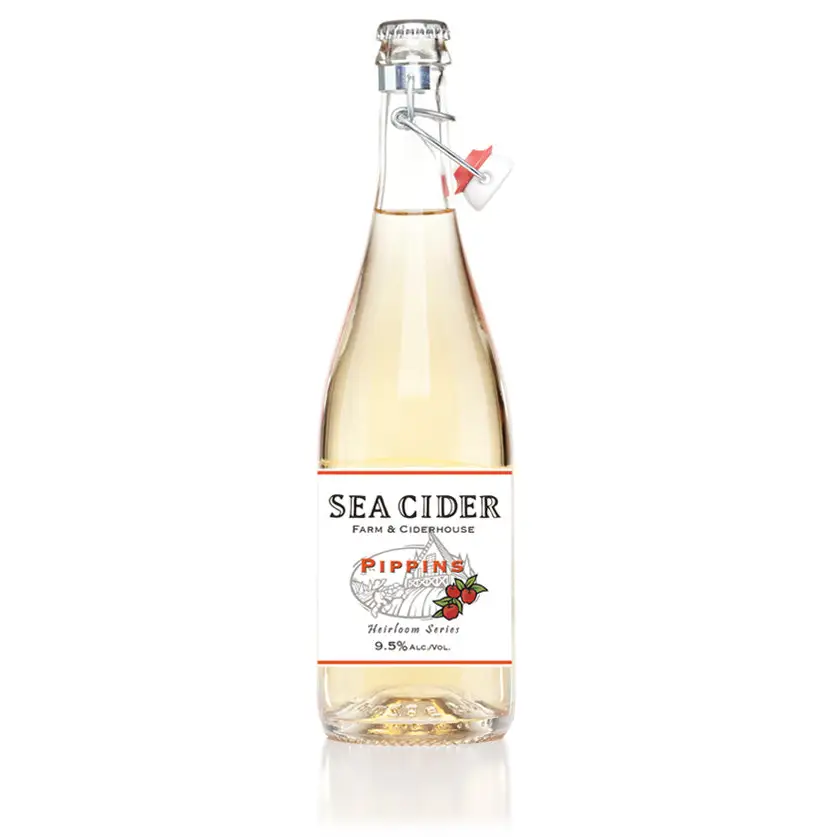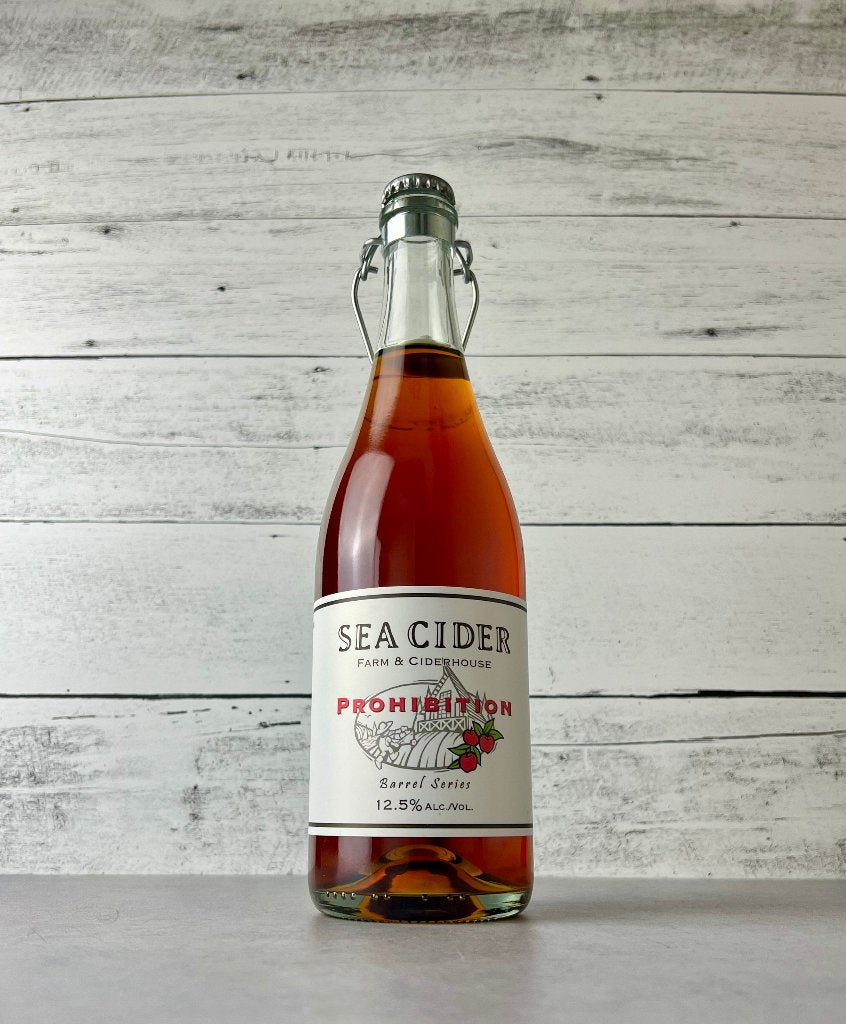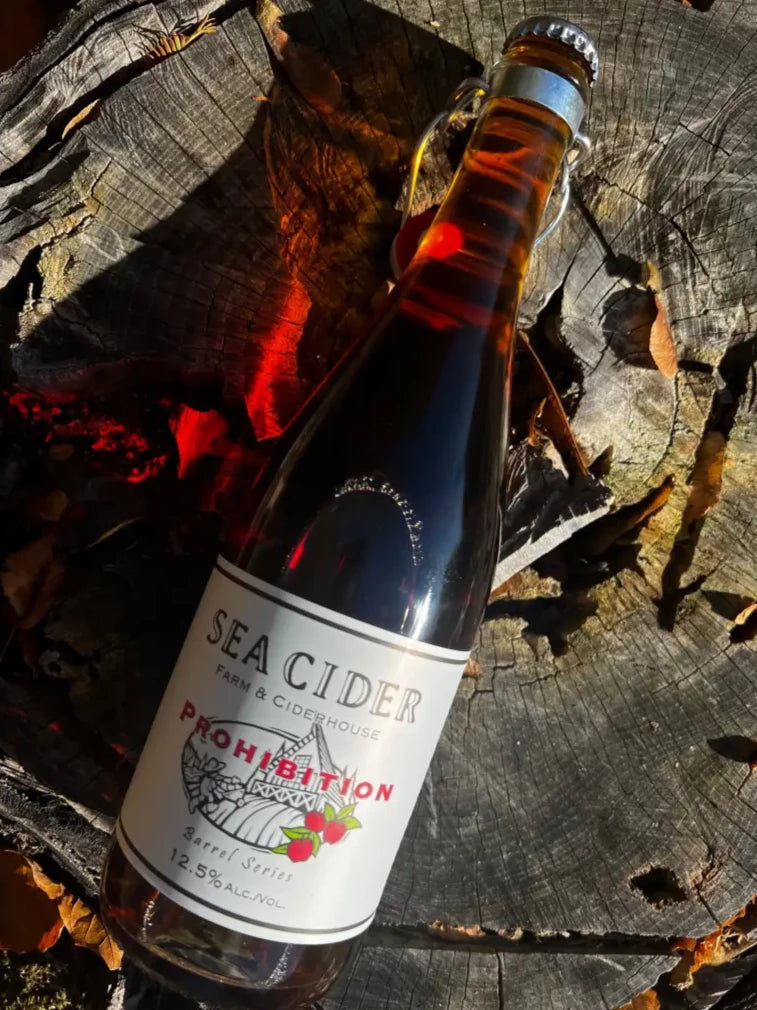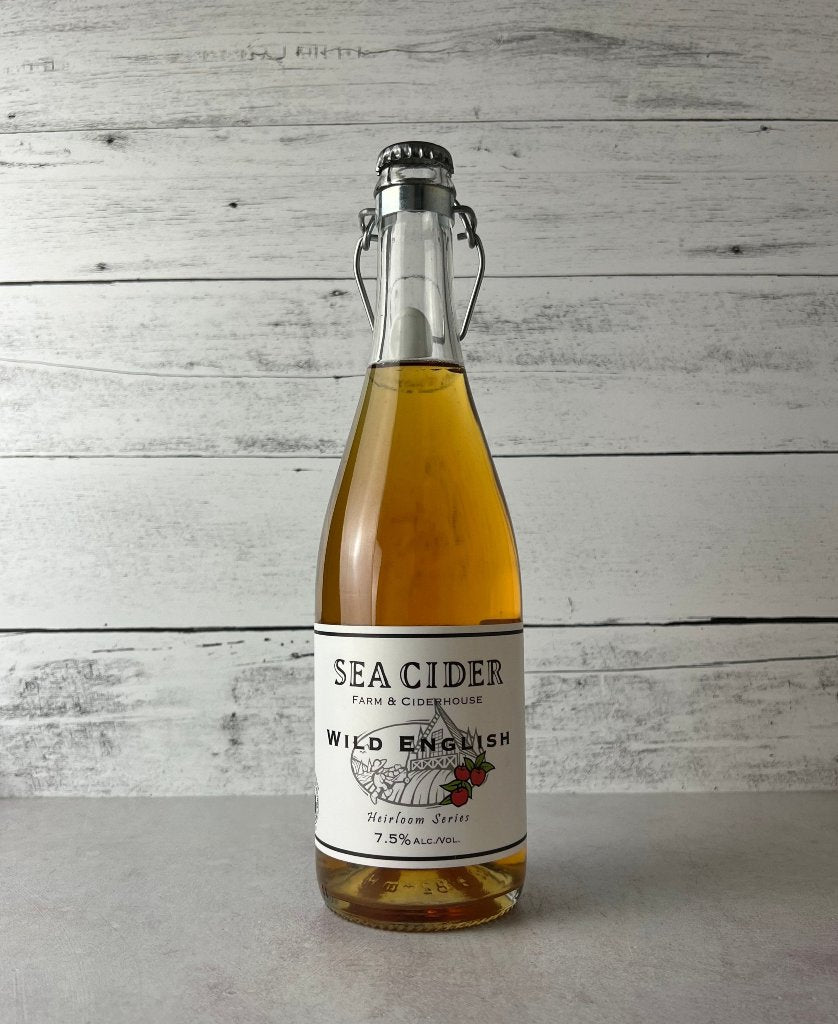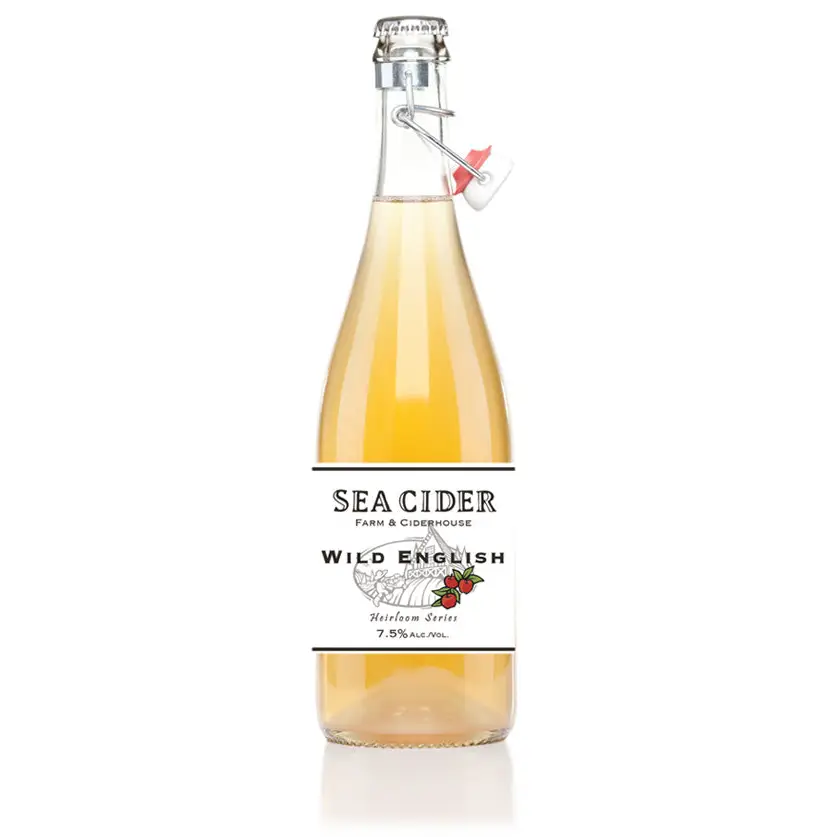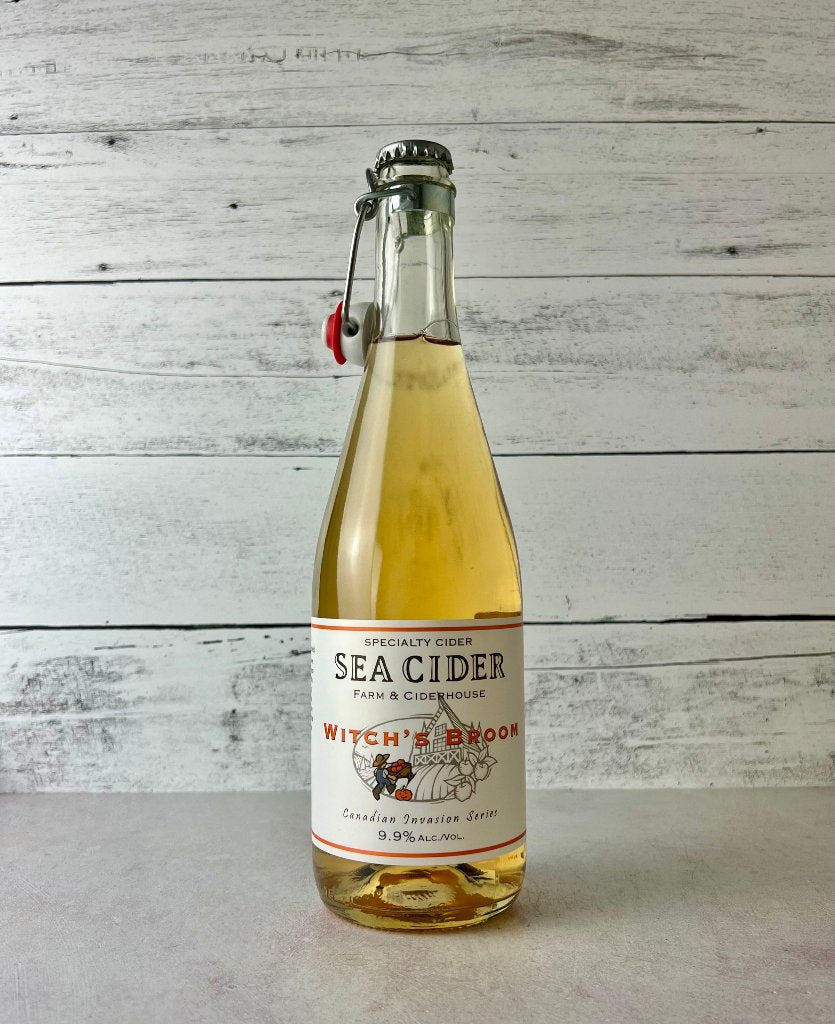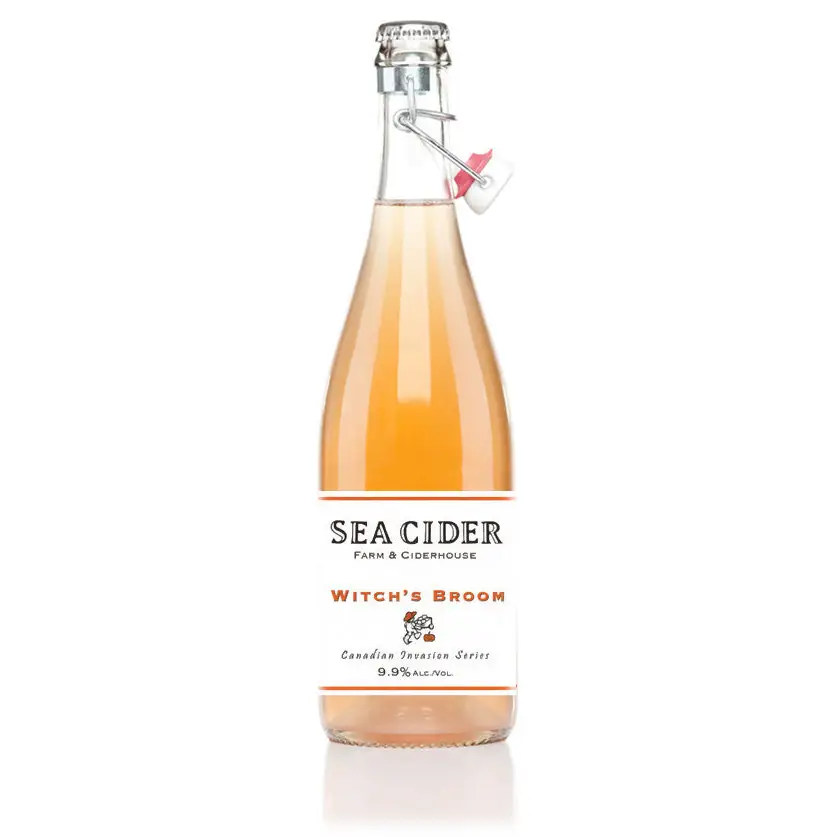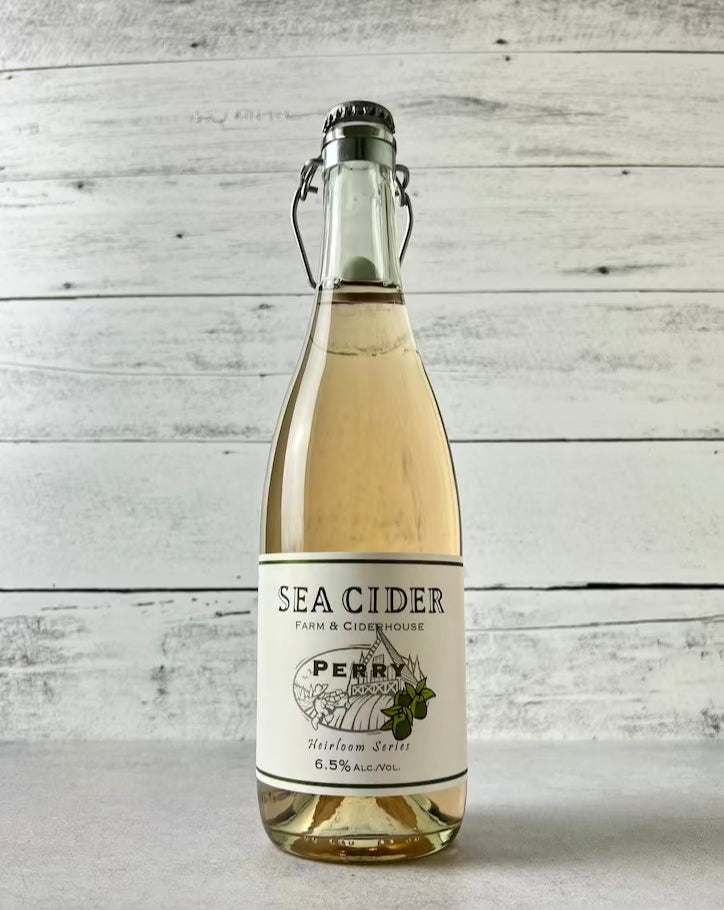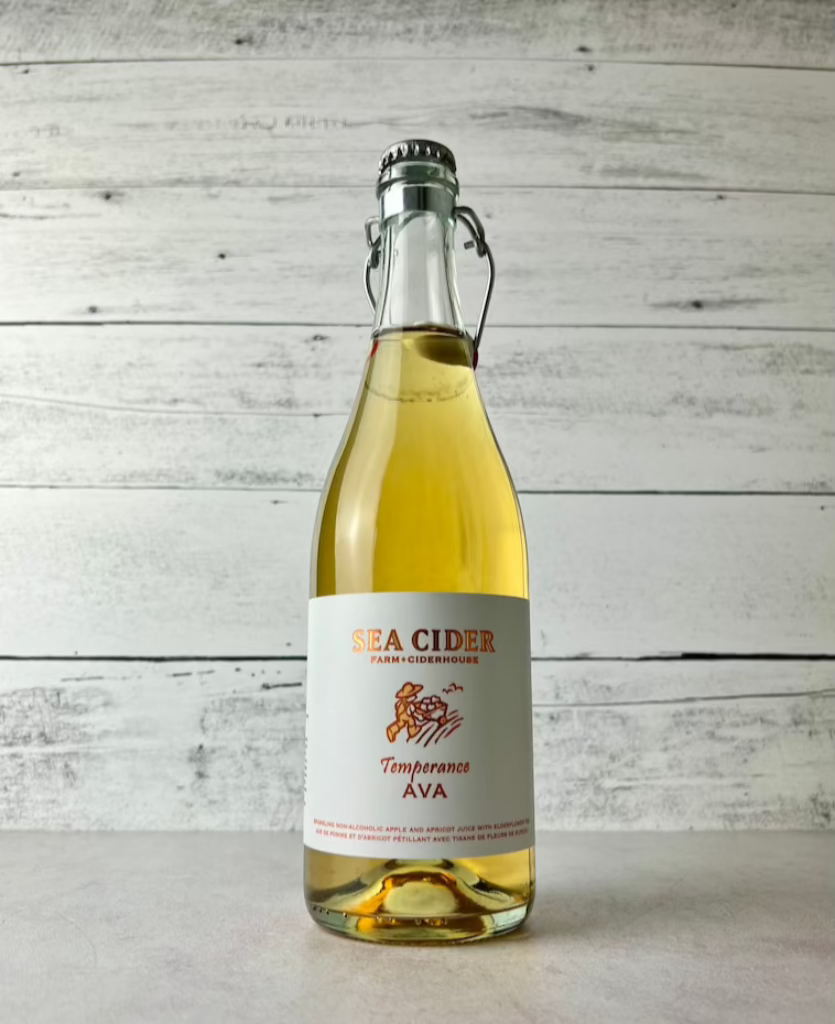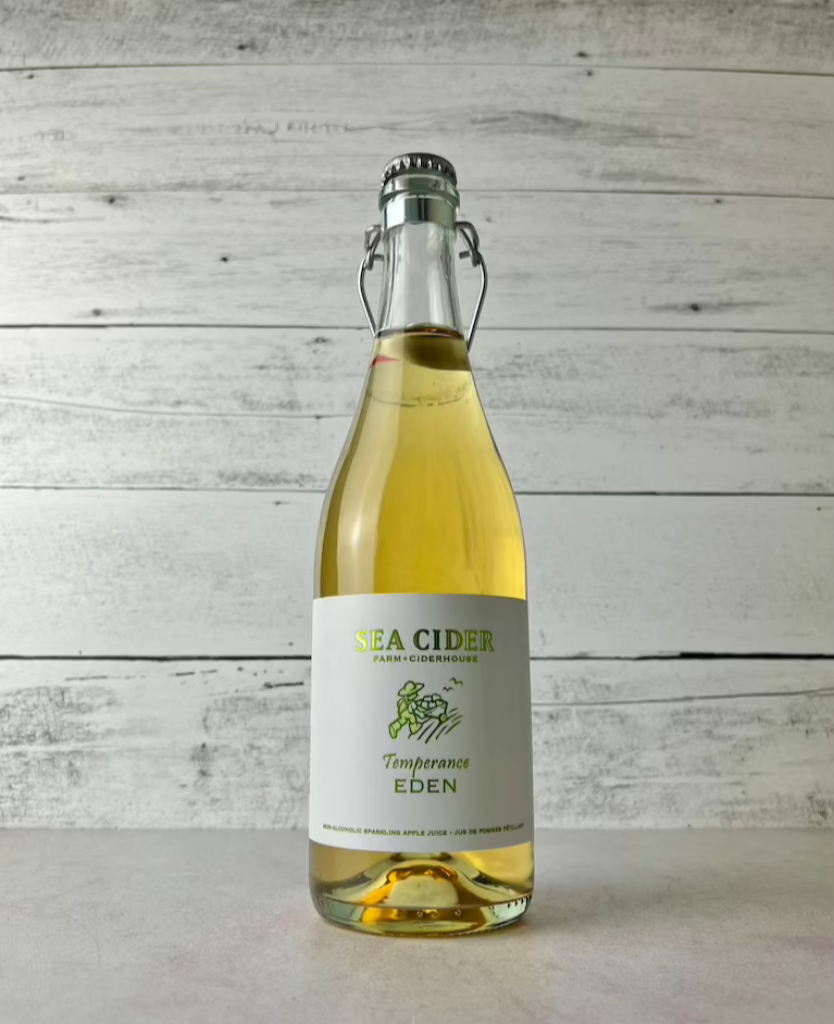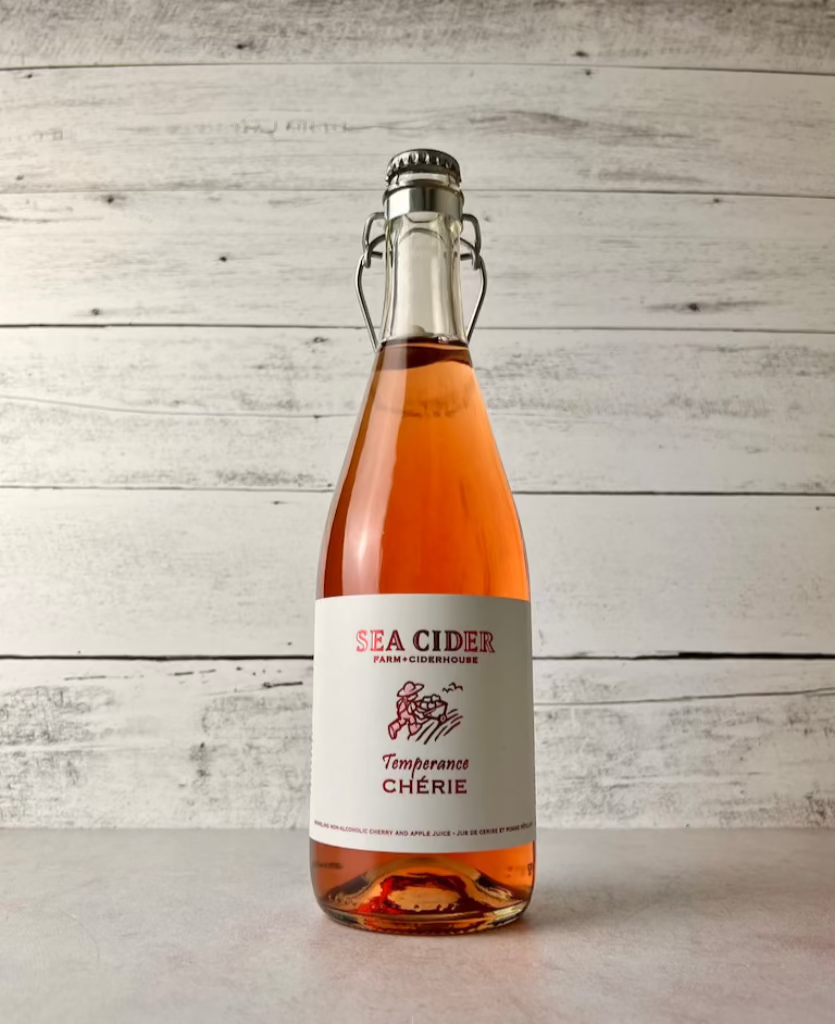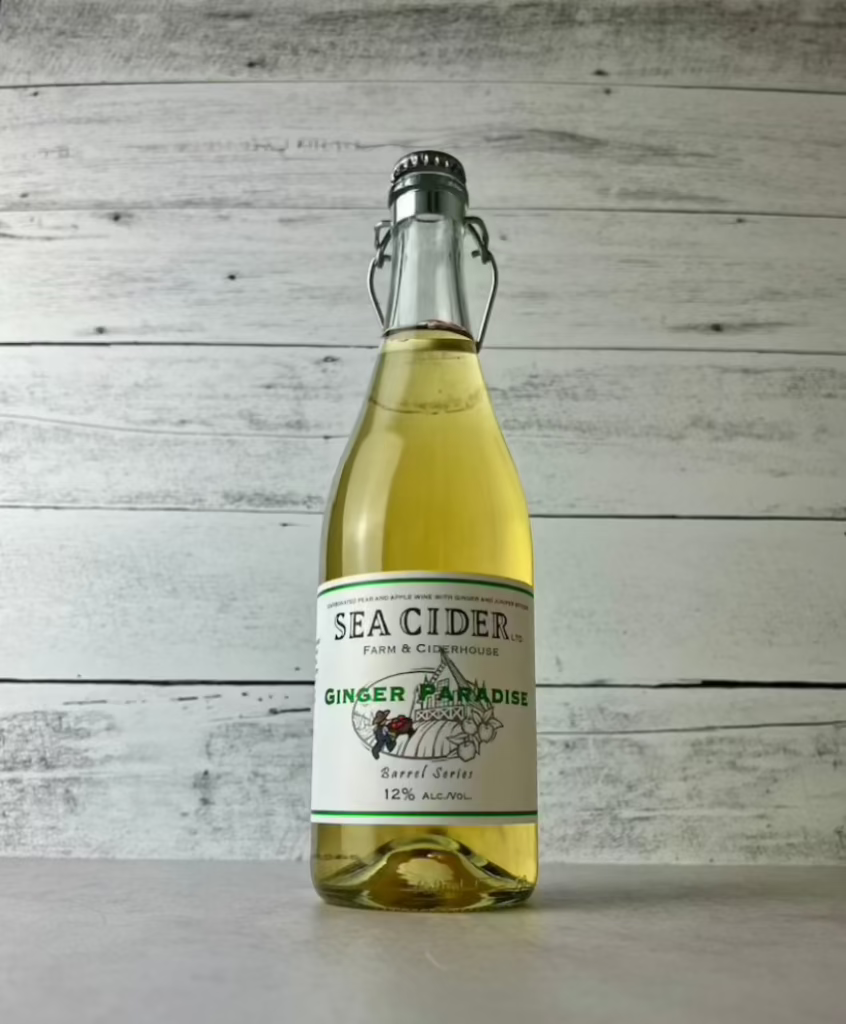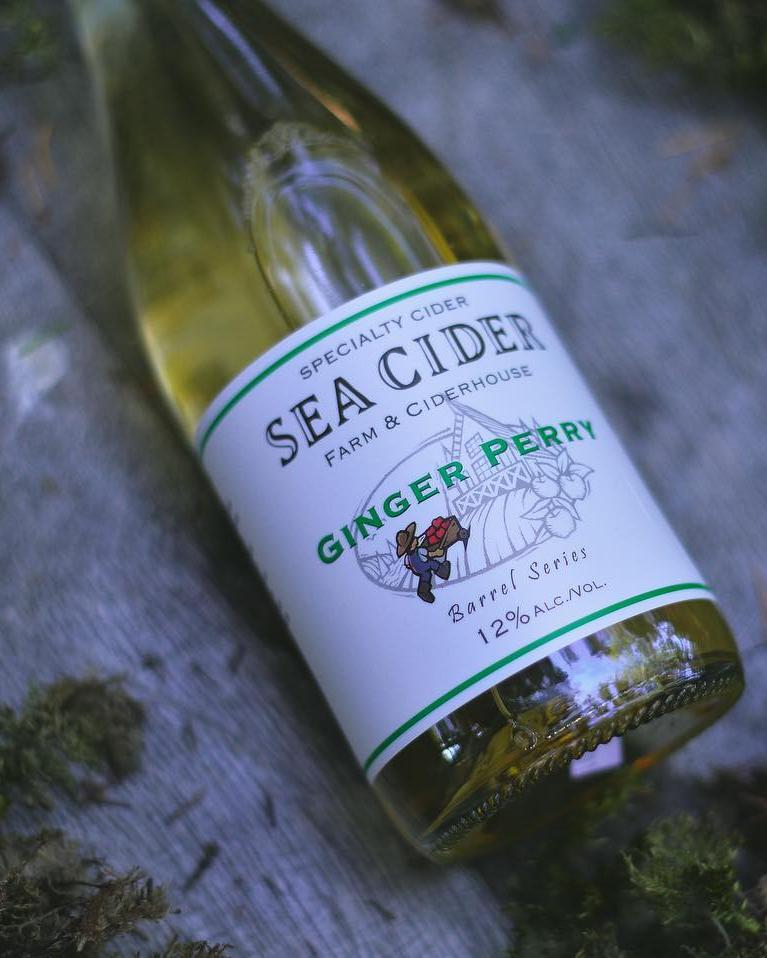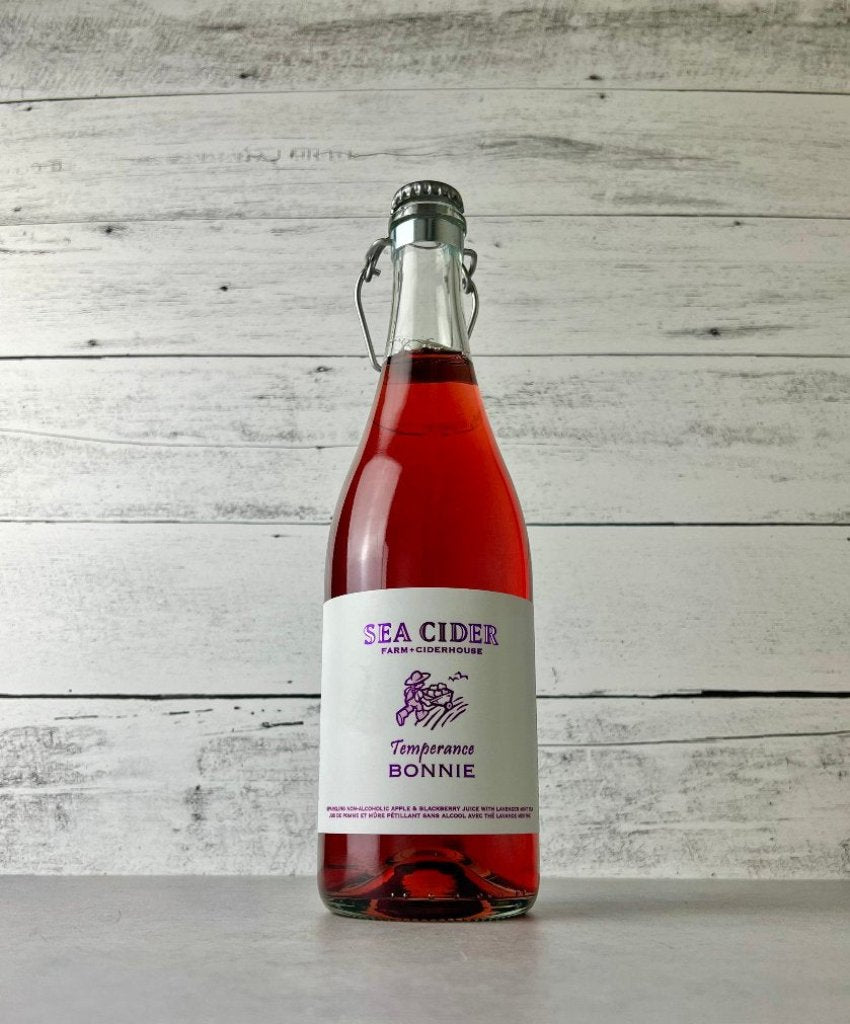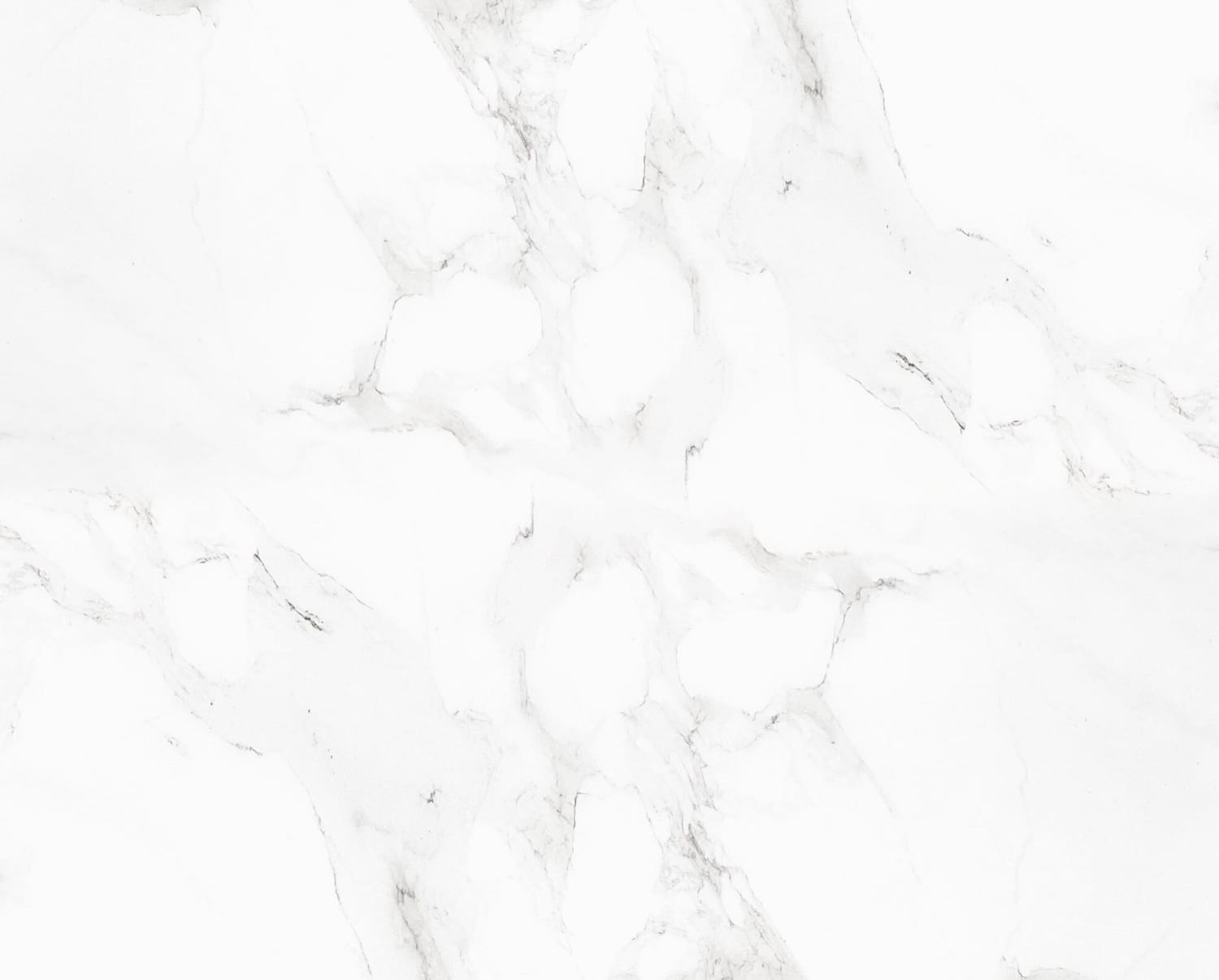Sea Cider Farm & Ciderhouse (Vancouver Island, BC)
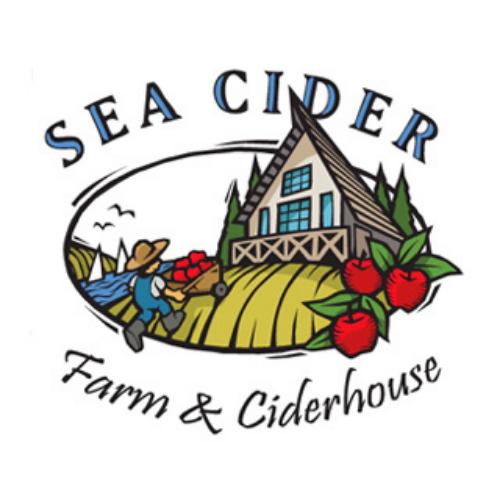
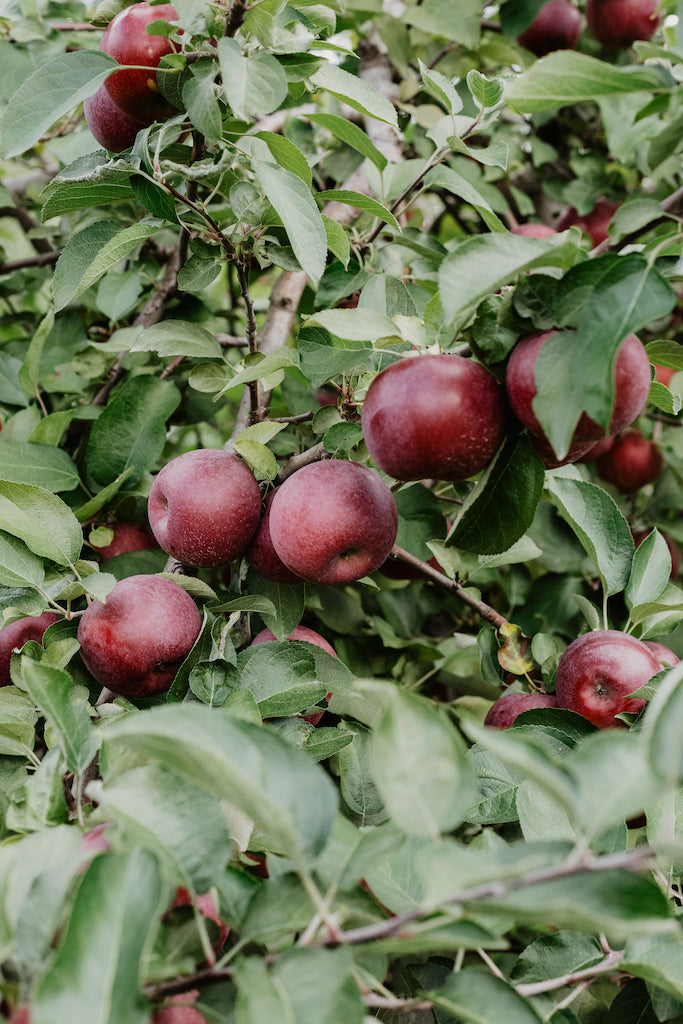
Sea Cider Farm & Ciderhouse is an award-winning cidery located on Vancouver Island in British Columbia, Canada. Visitors from around the world travel to Victoria and find their way to Sea Cider's orchard based cidery in nearby Saanichton, where they feature a range of delicious heritage ciders, and fruit and botanical flavored ciders, and barrel aged ciders.
Sea Cider fans from around the U.S. can count on Press Then Press to make their ciders available for shipping across the country. We will carry every Sea Cider product that is exported to the U.S. So load up on Rumrunner (errrr, Prohibition) and all of of your other favorite Sea Cider products here.
About Sea Cider Farm & Ciderhouse
“Terroir” is important in Sea Cider’s approach to cidermaking and apple growing. Their site is well suited for a cider apple orchard. The orchard is protected by forest shelter to the south, and its east-facing aspect provides good air movement off the waters of Haro Strait. The seas also moderate their micro-climate, preventing dangerous freezes and allowing the apples’ acids and sugars to develop in abundance. The topsoil is rich with organic matter and nutrients, and just under the topsoil layer is three-foot layer of glacial till which provides good soil drainage. Below this, a deeper layer of fine clay holds moisture during the area's dry summers and provides an exceptional source of nutrients for the trees’ taproots to access.
Their orchard comprises all 4 categories of cider apples: sweets, sharps, bittersweets and bittersharps. They primarily grow English bittersweets but also German, French and North American cider varieties. If there is one style of apple prized above all others by cider makers, it is the bittersweet apple. Affectionately referred to as a “spitter,” these apples are low in acid, high in tannin, and impart the classic flavor of finer French and English ciders. At first bite, most would consider bittersweet fruit inedible. But what is ill suited for the fruit bowl is ideal for the cider press.
Most commercially grown apples lack tannin—the molecules that impart astringency and provide a cider’s texture. Bittersweet apples fill this void. Tannins can provide a drying effect or make your teeth feel “fuzzy.” Steep a cup of black tea for ten minutes and take a sip. Feel it dry out your mouth a bit? Is the texture scratchy? You’re feeling the tannins.
Not all great cider apples need to be tannic. They grow “sharps” too for example, such as the Yellow Newton Pippin, which is aromatic when fermented and contain the high acid and high sugar that provides all the fuel for fermentation and puckering power necessary for a great cider.


